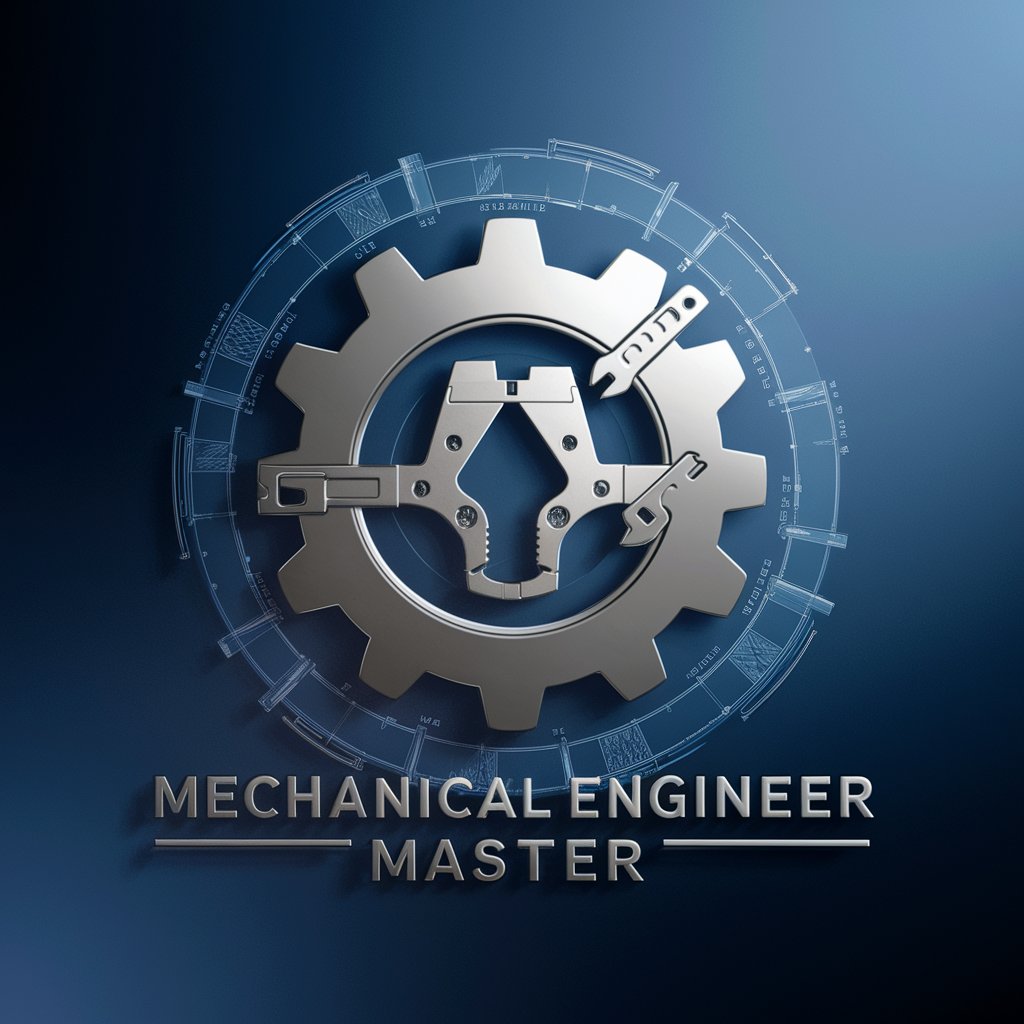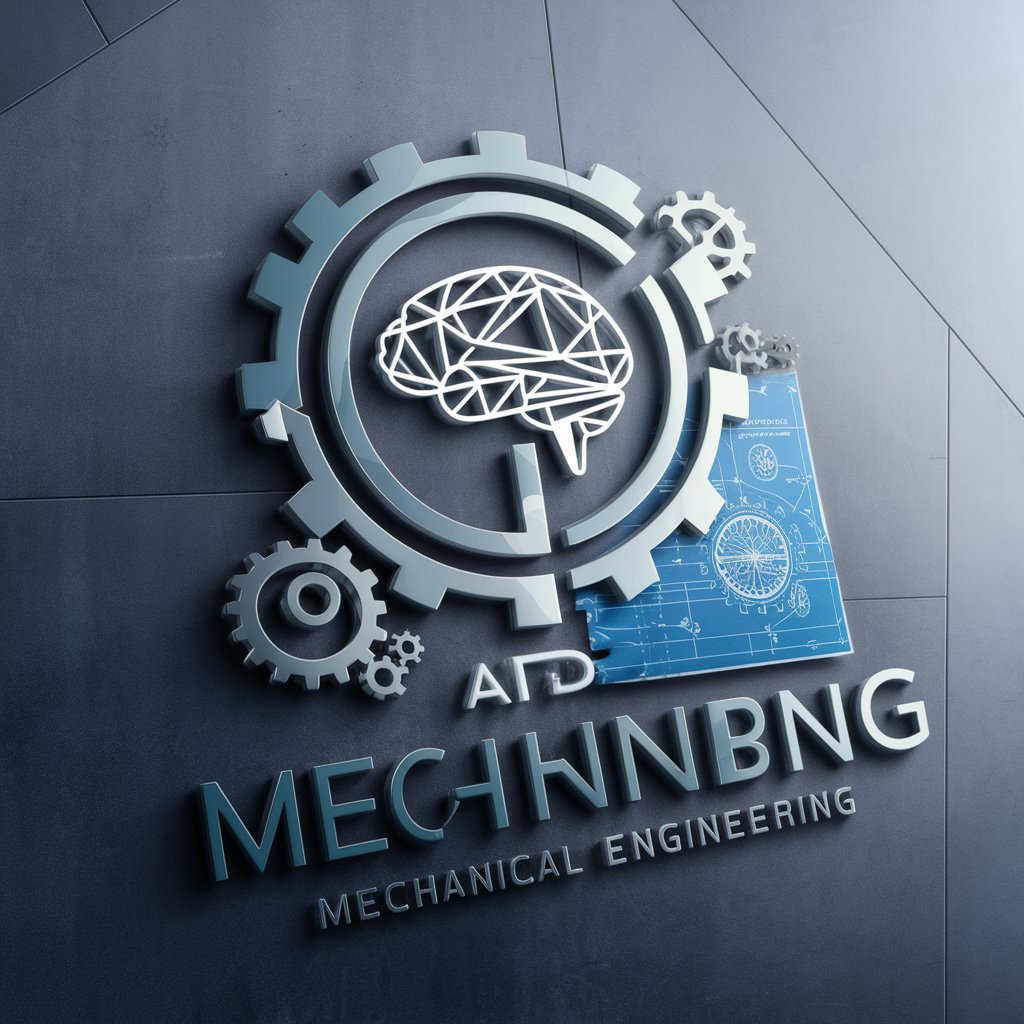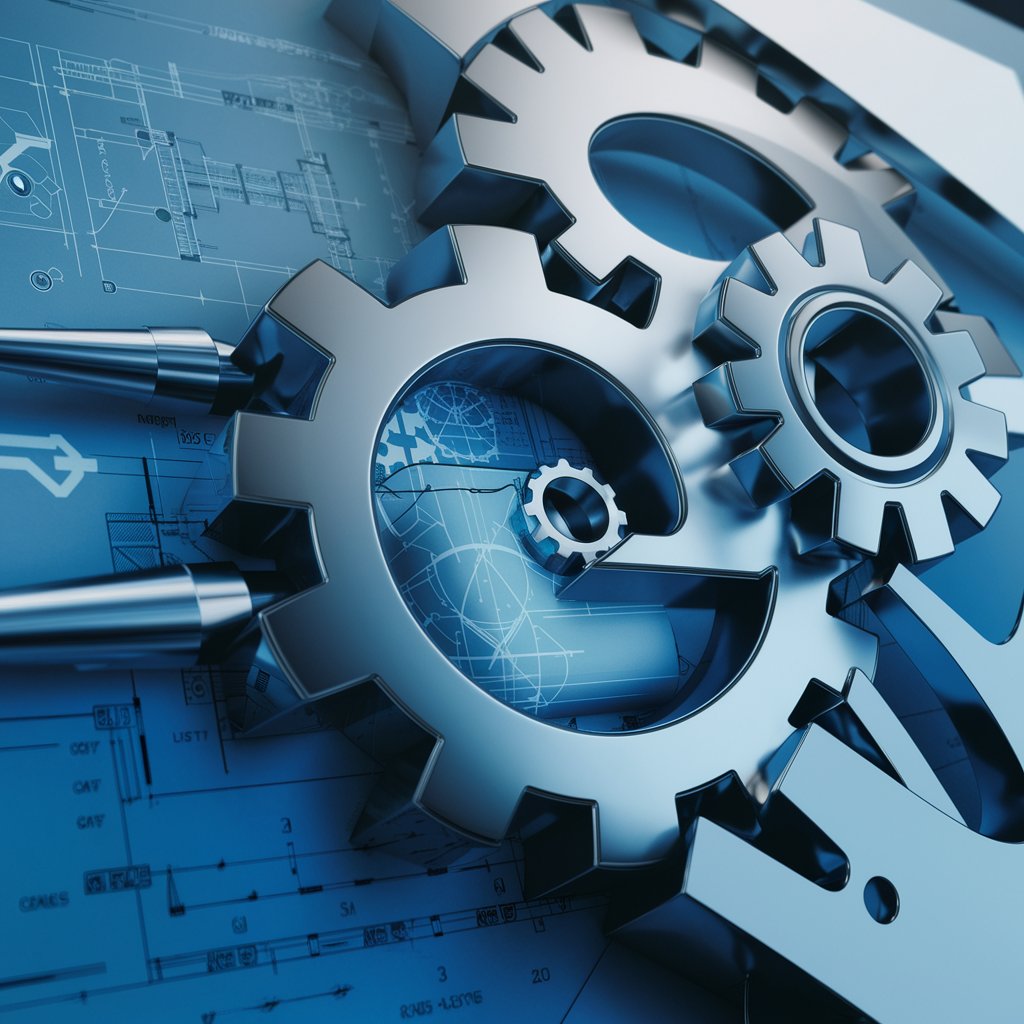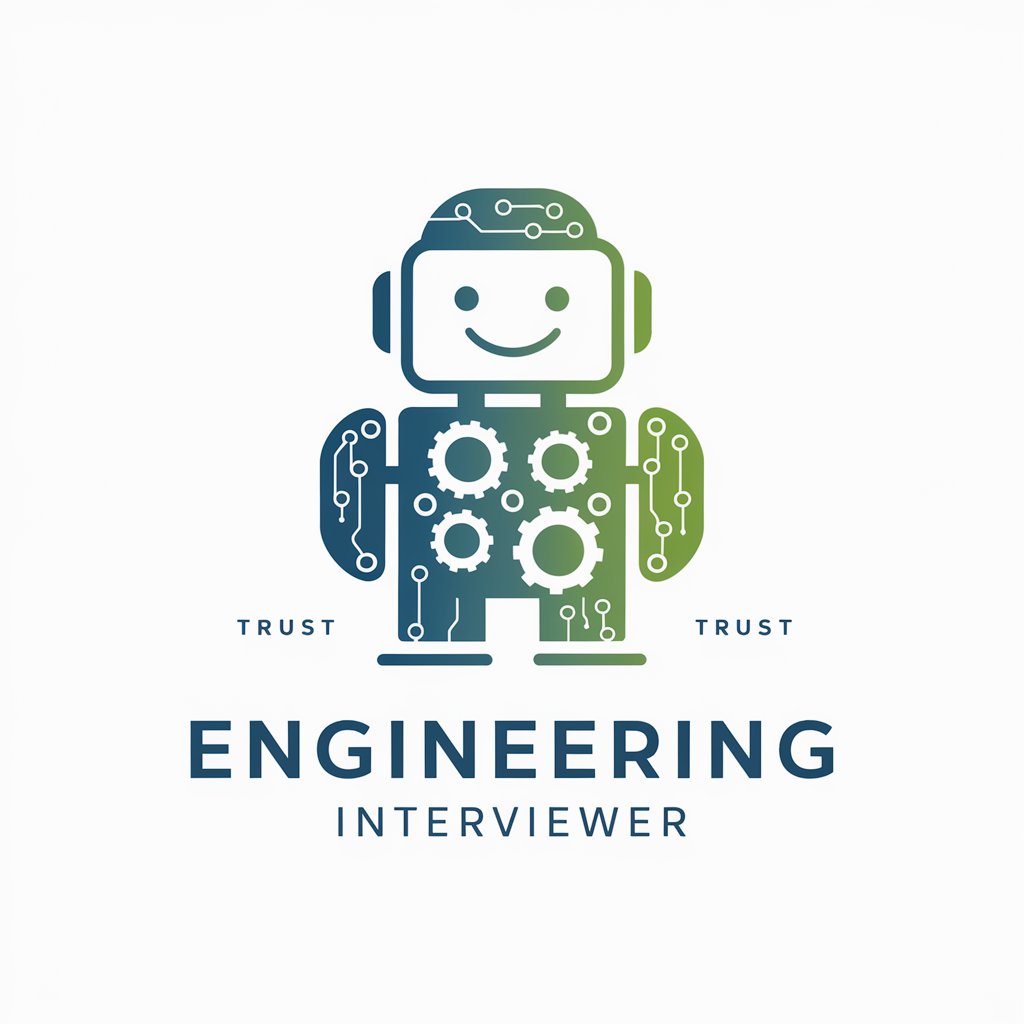
Mechanical Engineering - Mechanical Engineering Insights
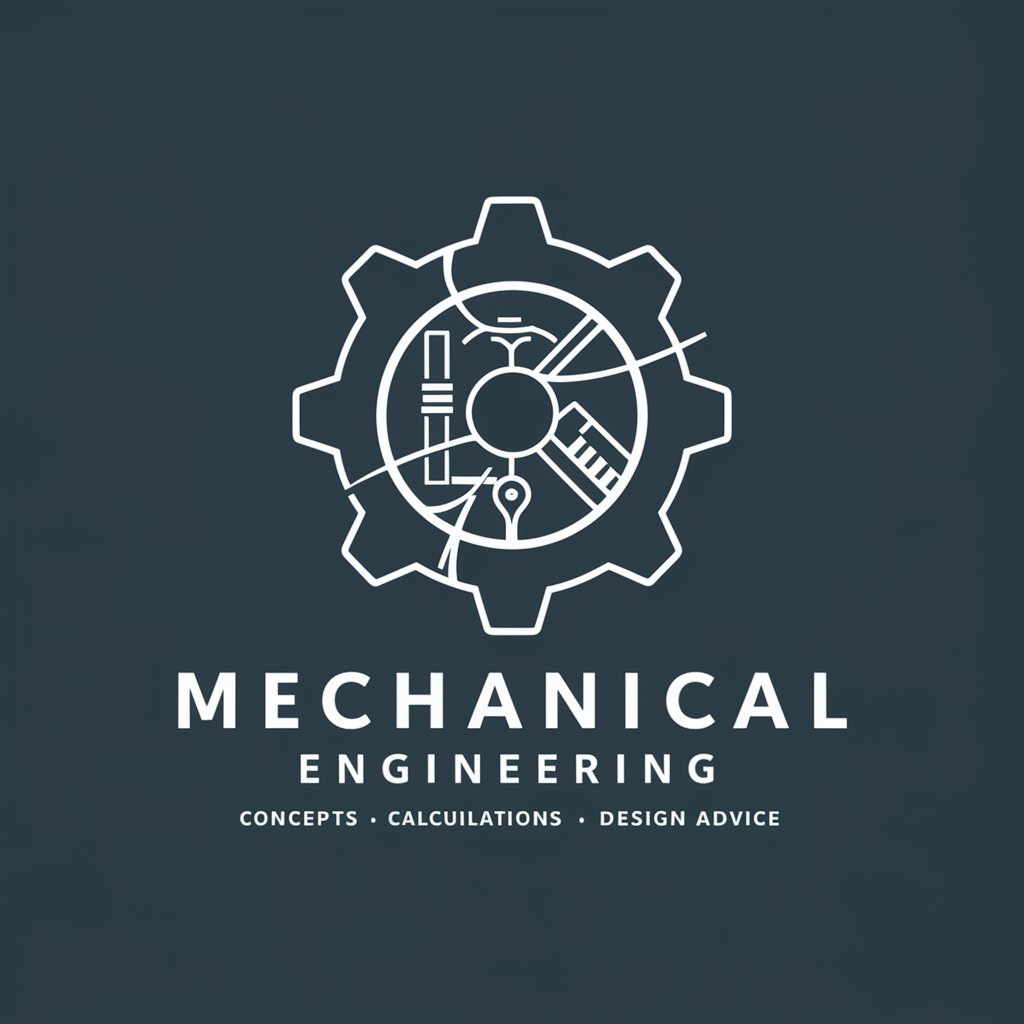
Welcome to your mechanical engineering assistant!
Empowering Engineering Decisions with AI
Explain the difference between...
How do you calculate the stress...
What are the key factors in designing...
Can you provide an example of...
Get Embed Code
Introduction to Mechanical Engineering
Mechanical Engineering is a broad field of engineering that involves the design, analysis, manufacturing, and maintenance of mechanical systems. It integrates principles from physics, mathematics, and material science to create solutions that are safe, reliable, efficient, and environmentally friendly. This field is instrumental in designing and producing a wide range of products and machinery, from household appliances to automotive engines, and from robotics to aerospace vehicles. Examples include the development of HVAC systems for climate control in buildings, the design of prosthetic limbs to enhance the quality of life for amputees, and the creation of energy-efficient engines that reduce emissions and conserve fuel. Powered by ChatGPT-4o。

Main Functions of Mechanical Engineering
Design and Analysis
Example
Designing a new automobile engine
Scenario
Engineers use computer-aided design (CAD) software to create detailed 3D models of engines, analyze stress and thermal conditions using simulations, and optimize the design for performance, efficiency, and safety before manufacturing.
Manufacturing and Production
Example
Production of wind turbine blades
Scenario
Mechanical engineers develop manufacturing processes for wind turbine blades, ensuring materials chosen can withstand the operational stresses and weather conditions they will face, and overseeing the production to maintain quality control.
Maintenance and Operations
Example
Regular maintenance of HVAC systems
Scenario
Engineers schedule and conduct maintenance checks and repairs for HVAC systems in large buildings to ensure they operate efficiently, maintain air quality, and minimize energy consumption.
Research and Development
Example
Developing a robotic prosthetic limb
Scenario
Mechanical engineers conduct research on new materials and technologies to create a prosthetic limb that mimics natural movements more closely, improves comfort for the user, and integrates with the body's own neural systems for better control.
Ideal Users of Mechanical Engineering Services
Manufacturing Industries
Businesses involved in the production of goods, such as automotive, aerospace, electronics, and consumer products, benefit from mechanical engineering for the design, optimization, and maintenance of manufacturing processes and equipment.
Healthcare Sector
Hospitals, rehabilitation centers, and medical device companies utilize mechanical engineering expertise to design and improve medical equipment, prosthetics, and healthcare facilities, enhancing patient care and treatment outcomes.
Construction and Infrastructure
This sector relies on mechanical engineers for the design and maintenance of building systems (like HVAC and elevators), as well as the development of construction machinery and infrastructure projects.
Energy Sector
Companies in renewable energy, oil & gas, and power generation look to mechanical engineers to design, analyze, and maintain systems and machinery that are used in energy production, ensuring efficiency, safety, and sustainability.
Research and Education
Academic institutions, research labs, and innovation hubs benefit from mechanical engineering through the development of new technologies, materials, and educational programs that push the boundaries of what is currently possible.

How to Use Mechanical Engineering GPT
1
Start by accessing yeschat.ai for a complimentary trial, no signup or ChatGPT Plus required.
2
Identify the specific mechanical engineering problem or topic you need assistance with.
3
Formulate detailed questions or describe the project requirements to ensure precise and useful guidance.
4
Utilize the provided insights or solutions to apply to your project, study, or research.
5
For complex queries, refine your questions based on initial feedback for further detailed advice.
Try other advanced and practical GPTs
Rechts Berater
AI-driven Legal Expertise on German Law

Markdown pages Assistant
Empower Your Markdown with AI

Corporate Catering Services Mentor
Enhance Your Event with AI-Driven Catering Solutions

Catering Consultant
AI-Powered Wedding Catering Expertise

Wise1ai
Empowering insights for life's journey

IMPA AI
Accurately identifying maritime and industrial items with AI.

Image Quest Finder
Visualize It with AI

GPT You
Empowering Your Words with AI

BlendLang
Authentically Engage with AI

Auto Assistant
Your AI-powered car care expert

Family Wellness Support
Empowering Caregivers with AI

C(AI)R SERVICE
Your AI-powered mechanic assistant
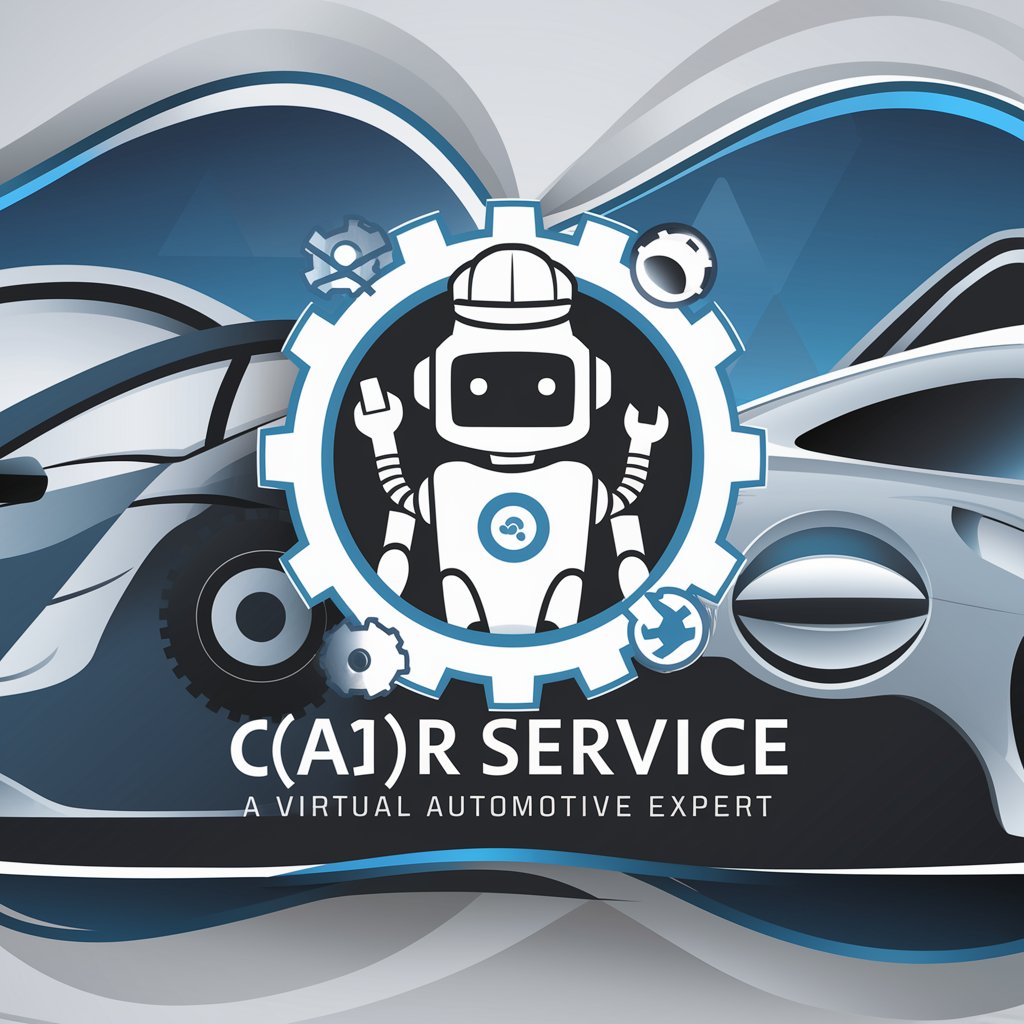
Frequently Asked Questions About Mechanical Engineering GPT
What kind of mechanical engineering problems can you solve?
I can provide solutions and advice on a wide range of mechanical engineering topics, including material selection, stress analysis, mechanical design, and failure analysis, leveraging resources like 'Elementos de Máquinas de Shigley', 'Fundamentals of Machine Component Design', and 'MIL-HDBK-5J'.
Can you help with academic projects?
Yes, I offer support for academic projects by explaining complex mechanical theories, providing calculations, and offering design advice based on authoritative engineering texts.
Are you capable of providing real-time industry data?
While I primarily rely on my extensive database of mechanical engineering knowledge, I can guide on how to interpret and apply industry standards and data, though I don't have real-time access.
How can I optimize my use of this tool for project design?
For optimal use, clearly define your design requirements, constraints, and desired outcomes. Provide as much detail as possible about the problem for the most accurate and applicable advice.
What should I do if the provided solution doesn't fully address my problem?
If the initial advice doesn't fully solve your problem, refine your question with more specifics or different aspects of your project for more tailored guidance.
